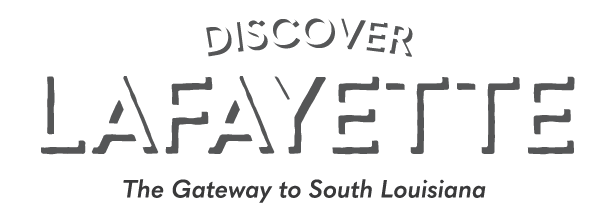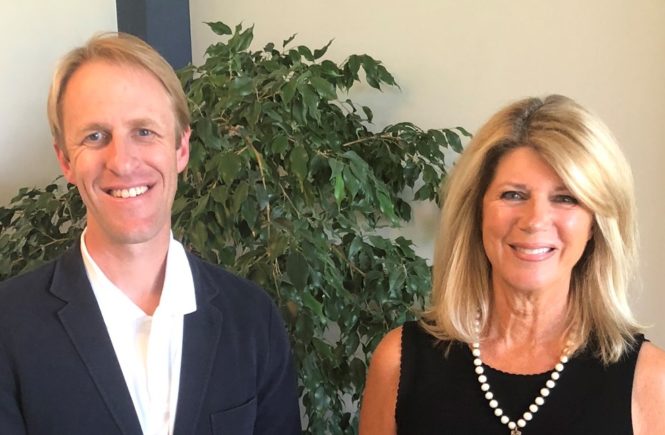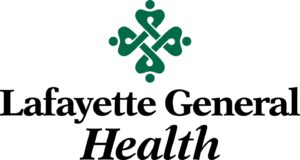Podcast: Play in new window | Download (Duration: 1:09:12 — 95.0MB)
Mark deClouet of Axis Behavioral Health & Recovery, a Board Certified Family Psychiatric Mental Health Nurse Practitioner, joined Jan Swift to discuss the rise in fatal opioid overdoses in the Acadiana area.
Drug dependency has impacted people from all walks of life, flying in the face of the stereotypes of those who succumb to addiction. Envision your grandmother breaking her hip at the age of 73, being prescribed opioids for the first time in her life, and becoming addicted to painkillers. People who end up with Substance Use Disorders may experience chronic relapsing conditions unless they can access appropriate behavioral health and medical treatment.
With the push against Big Pharmaceutical companies who have profited from addiction and the mandate on doctors to reduce their prescriptions of painkillers, as people suffer from withdrawals they have turned to street drugs such as heroin which may be laced with the deadly fentanyl. These drugs are easily accessible and much more affordable than prescription drugs.
Some local numbers on our rising rate of overdoses: According to current information from the Lafayette Parish Coroner’s Office, 57 people overdosed in 2019 compared to 46 in 2018 and 43 in 2017.
From January through May 2020, there were 23 overdoses, with 18 of those deaths being attributed to opioid overdoses. The 70508 zip code had more overdose deaths than any other zip code in the parish this year — and more overdose deaths in that zip code within the first five months of 2020 than all of 2019.
Alarming, more people die of drug overdose in Louisiana than by firearm or homicide. In 2018 nearly 40% of the 1,140 reported drug overdose deaths in Louisiana involved opioids —a total of 444 fatalities.
What may be causing this rise in overdose-related deaths? With the COVID pandemic shutdown, many people in recovery have not been able to access fellowship meetings with others who share their struggles. The required social distancing measures have raised a great challenge as people lose the means to stay in touch with their community. Many of us depend on the support of others and have been raised in a culture where we are not only exposed to continuous parties and festivals, but we are not accustomed to being socially isolated for long periods of time.
In light of the rising number of local overdose deaths and the struggle to access quality treatment programs for addiction in the region, Mark deClouet opened a second location of Axis Behavioral Health & Recovery in the Oil Center (the first being in Alexandria, LA).
The Axis team uses buprenorphine, a specific treatment modality approved by the Food and Drug Administration, to treat opioid use disorder. Buprenorphine competes with opiates for the same receptors that opiates bind with, the ones that give a feeling of euphoria. This chemical bond is stronger than the one of the opiates; if a person happens to relapse while on the drug, they will not experience the effect of the opiates. This has been found to keep people in recovery and deter people from falling further into the throes of addiction. Additionally, you can’t overdose on buprenorphine (if it is taken alone).
deClouet explained that most individuals with Opioid Use Disorder (OUD) still do not have access to or receive any form of medications to combat their addiction. Even though the approved drugs are covered by Medicaid/Medicare and all insurance companies, clinicians typically prescribe buprenorphine on a cash-basis only as they are not reimbursed at a cost-effective level. As the drugs cost $250 to $300 per month, people have to choose between taking care of their children, paying the light bill, buying groceries, or treating their addiction out of pocket with cash they don’t have to spare. As you might surmise, they choose to take care of necessities and end up right back in treatment in a few months after relapsing.
Axis accepts all forms of insurance to ensure that those who are ready for treatment can obtain access to effective means to combat their disease.
Over the past decade, health care professionals working to implement care coordination strategies for individuals with Substance Use Disorder (SUD), including opioid use disorder (OUD), have focused on facilitating access to evidence-based practices, with a particular emphasis on medications.
According to the Pew Charitable Trust Research Center, “Medication-based treatment is the gold standard for treating OUD, and patients can take one of three drugs approved by the Food and Drug Administration: methadone, buprenorphine, or naltrexone. Although these medications can be combined with counseling or other behavioral therapy, medication has proved to be effective for many people, even in the absence of regular counseling or other psychosocial supports. Importantly, medication for OUD should not be withheld because counseling is either unavailable or the patient declines it. Two promising care coordination models focus specifically on ensuring that patients have access to medications for OUD.”
Mark deClouet was emphatic: “People who have access to appropriate medications to combat their addiction survive, they stay out of treatment.” He is determined to provide the means necessary to help those most in need of help in combating their opiate addictions.
Anecdotally, deClouet also shared that during COVID, telehealth medical visits have enabled people to increase access to health care, be more easily diagnosed, and receive medications to treat their conditions. It is hoped that once the COVID pandemic is over, clinicians will continue to be able to be reimbursed for telehealth visits at current levels of payment. It is now obvious how removing barriers to medical treatment can make the difference between life and death.
To learn more about Axis Behavioral Health & Recovery, please visit https://axisbhr.com.





